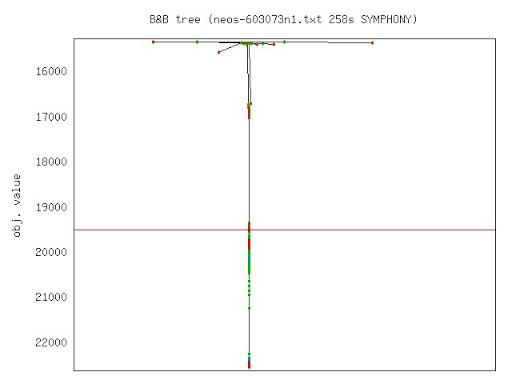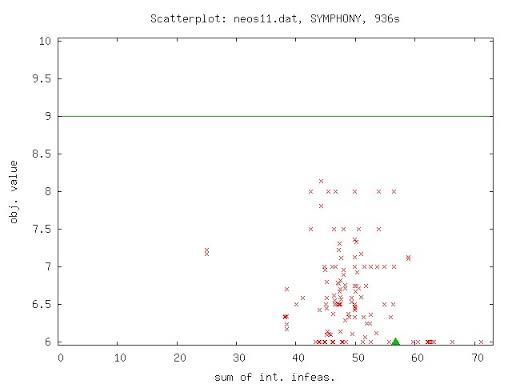Teaching Philosophy and Policies
- Group Work
- Referencing the Work of Others
- Lateness
- Grading
- Teaching and Learning Styles
- Office Hours and Appointments
Group Work
Generally, I encourage students to work together on assignments unless specifically prohibited. However, you must ultimately demonstrate understanding of the material by writing up solutions without the help of others.
Referencing the Work of Others
It’s always best to attempt assignments on your own before consulting outside references. However, I do not discourage the use of research materials as a way to supplement understanding of course material. If you do use external references in developing your solutions, and especially if you quote directly from these references, please cite them! Failure to cite references will result in severe penalty.
Lateness
I generally allow a total of 7 days of lateness on assignments throughout the semester. These 7 days can be split up in any way you choose. In other words, you can have one assignment late by 7 days or 7 assignments each late by one day. After that, there is a penalty of 10% off per late-day on each assignment. No assignment will be accepted more than 7 days late. Exceptions to this rule may be made on a case-by-case basis. Please let me know if you will be turning in an assignment late.
Grading
I do not believe in giving a formula for determining grades, but I am usually forced to give such formulas anyway. Ultimately, I believe your grade should reflect the actual learning that took place in the course. Hence, the way to maximize your grade in the course is to learn and understand the material. Most formulaic grading systems allow you (even encourage you) to maximize your grade without necessarily maximizing your learning. I want to discourage you from disconnecting these two goals.
Higher learning involves not just acquiring knowledge, but developing the ability to “know what you don’t know.” I call this ability self-assessment of knowledge. Among other things, it involves knowing when you do and do not have a rigorous proof or an accurate answer. One of the goals of any course I teach is to cultivate the students’ ability to perform an accurate self-assessment of your work. Hence, you are encouraged to think about and state accurately not only the parts that you do understand from each homework, but also the parts that you do not. You will get additional credit for an accurate self-assessment of your answer or approach, regardless of whether it is right or wrong. Hence, if you have gotten most of the way through a proof and just cannot complete the last step or even if you are missing a step in the middle but know how to do the rest, it’s best to try to write down what you have done so far and what it is that you don’t know how to do. This will help me to better gauge where your understanding is incomplete so that we can review these areas in class. It will also demonstrate your understanding of your own work.
Effective learning also involves knowing where to go to get help when you realize that your knowledge or understanding of a topic is incomplete. This could mean asking a classmate some questions, consulting external references, or coming to office hours. It can also mean asking a question in class when you don’t understand part of the lecture. Chances are, other people don’t understand it either. These are all important part of your class participation grade.
One area on which I place great emphasis in evaluating you is the level of detail and rigor in your written work. In general, you should err on the side of giving too much detail. The more explicit you are, the easier it will be for me to grade and the more you will demonstrate your understanding. If you spend hours coming up with the answer to a problem, don’t short-change yourself by spending only a few minutes writing it down. Take some time to think about how best to present your thoughts.
To summarize, I try to grade according to my overall assessment of your learning in the course and your understanding of the course material. This includes your ability to perform self-assessment, your ability to ask questions to increase your understanding, and your ability to express your ideas in written form rigorously and with an appropriate level of detail.
Teaching and Learning Styles
There are many different styles of learning. Some people gain better understanding from listening to something being explained orally. Some get better understanding from written material. Some like a combination of both. I do my best to accommodate various styles of learning. However, feel free to let me know what your learning style is so that I can take that into account when determining my approach to teaching a particular course.
Office Hours and Appointments
My door is usually open, but I would appreciate it if you could try to utilize office hours as much as possible. If you would like to make an appointment outside office hours, just call or send an e-mail.












































































